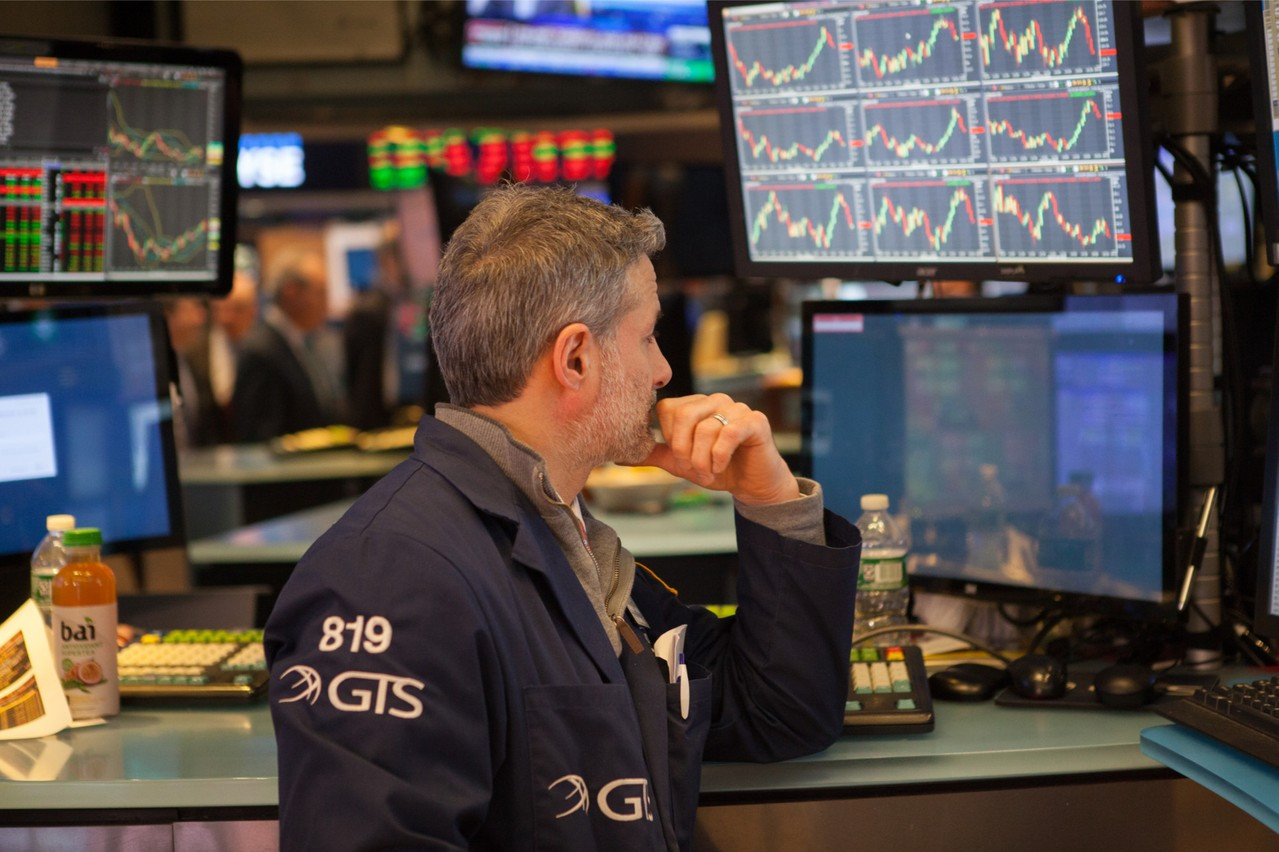The Gamestop case--named after a gaming company listed on Wall Street–-is making waves in the world of finance across the Atlantic, from hedge funds being stuck and forced to go into debt and stock brokers who accumulate fortunes fast to financial market watchdogs being overwhelmed by the movement and lawmakers demanding Wall Street reform.
Why Gamestop?
The Texas-based company sells video games through its Micromania chain stores. As a result of the development of online games, its activities have run out of business and its stock market price has declined slowly. Over the past few months, it has become the target of hedge funds that estimate its bankruptcy and bet on the decline of its share through short selling shares.
Short selling
The practice, very much on the edge of ethics, consists of borrowing shares and selling them at the market price without owning them. Hedge funds that engage in this type of transaction are convinced that the target company’s rating will collapse–-which is already partially achieved by the number of shares they inject into the sale. Their ultimate goal is to buy back the shares sold when the price drops so they can return them to their lenders. Meanwhile they will have pocketed a surplus value equivalent to the difference between the price of the sale and that of the repurchase.
Since the beginning of the year, small investors have joined forces via social networks to counter the strategy of hedge funds. Gathered in the WallStreetBets group and active on Reddit, they reversed the short sellers’ strategy by betting on the price increase.
Reassuring news from the company in mid-January–-changes in the board and a shift in strategy towards digital–-sparked the headline that the massive purchases of these small investors have literally blown up in recent days. Coming in at $20 in early January, they were worth $327.5 on Monday 1 February, after reaching $483 on 28 January.
David’s revenge on Goliath?
For many, this "anti short sellers" operation appears as an act of rebellion of small investors against giants who change the rules of the game. "As Keynes said, there are two types of investors: fundamentalists, who look at the fundamentals of the company, and speculators," explains Philippe Ledent, an expert economist at ING Belux. "My impression is that, in this case, we are dealing with a new category of actors, that I would rather position on the side of speculators. I don’t think they were very interested in the profits or the growth of Gamestop."
This weekend, debates surrounding Gamestop prompted Democratic Senator Elizabeth Warren to request an investigation by the SEC, the American financial watchdog. The case "is a reminder of what has been going on for years on Wall Street," she insisted. “It’s a rigged game, a set of players are manipulating the market." The SEC confirmed that it was verifying "potential misappropriations."
Meanwhile, the commission-free trading platform Robinhood, through which WallStreetBets members pass, on 28 January suspended its purchases of Gamestop shares as well as dozens of other frequently short-listed titles (Nokia, Blackberry) to stop the movement. An initiative that was considered a manoeuver to distort the market by preventing investors from accessing certain shares.
"I am not convinced that this movement will help to eliminate the short seller market," concludes Philippe Ledent. "It is one strategy against another, and those that have the bigger financial means will eventually beat the others."
This article was originally published in French on Paperjam.lu and has been translated and edited for Delano.
